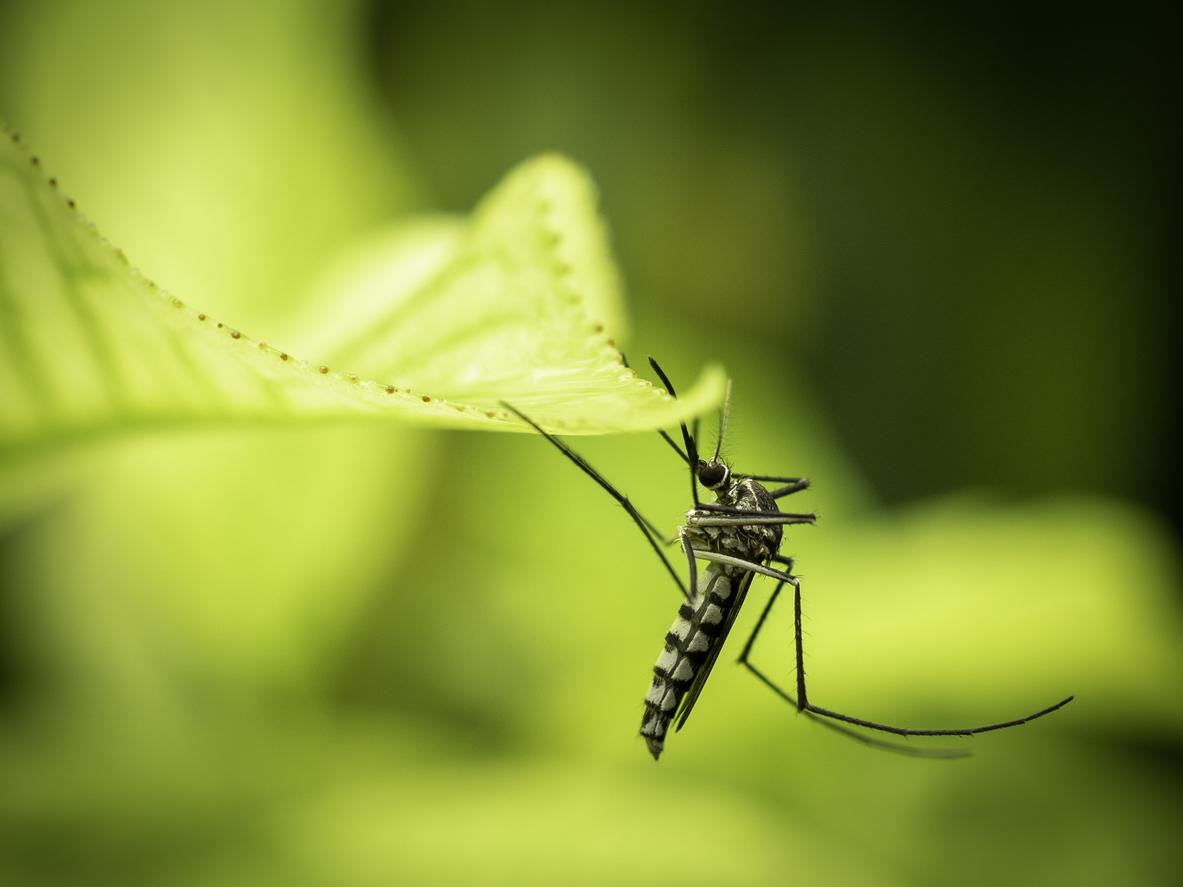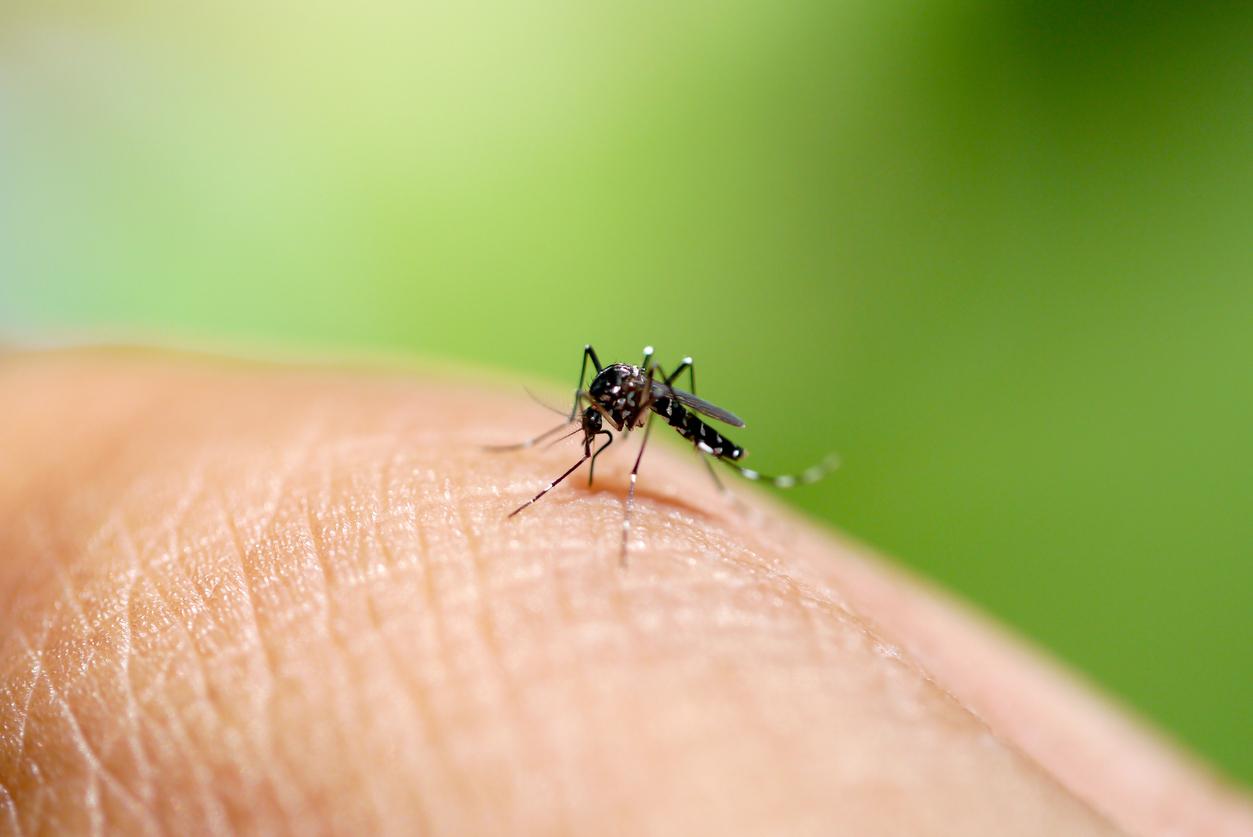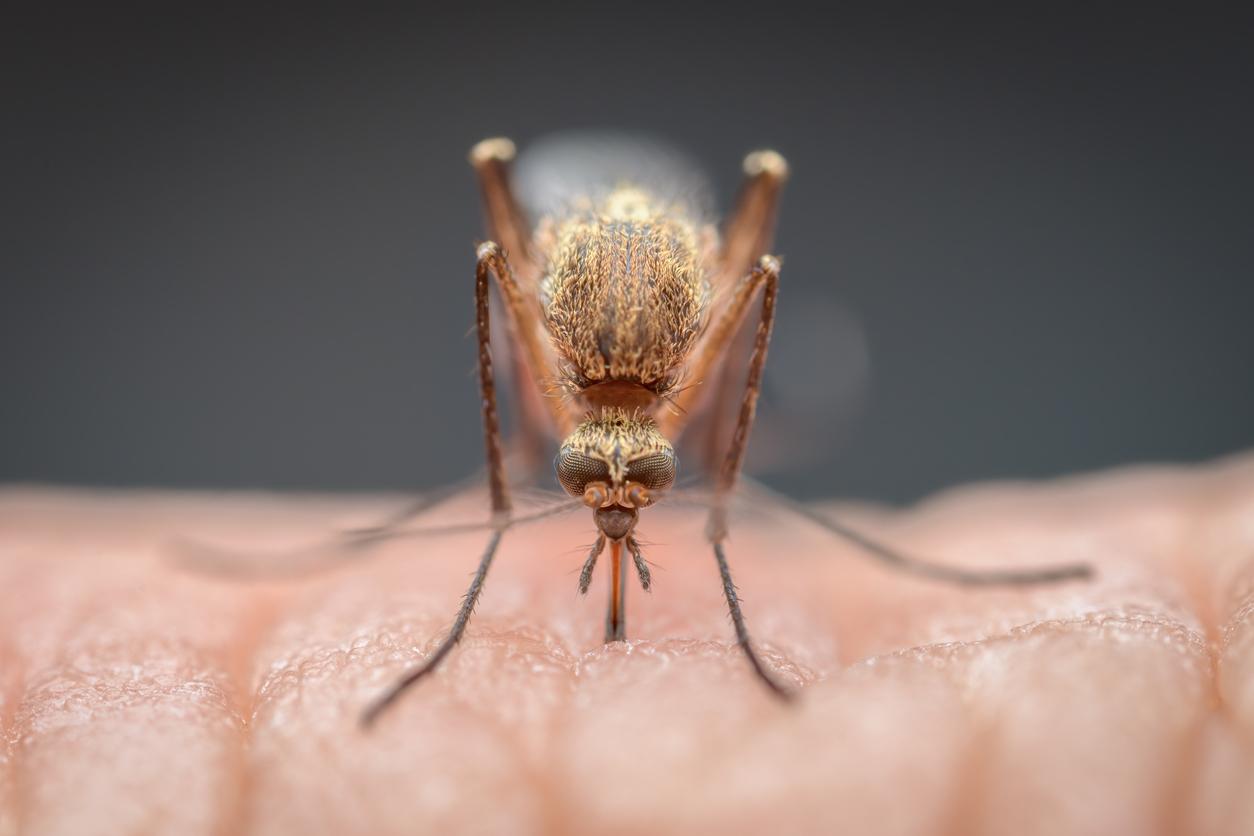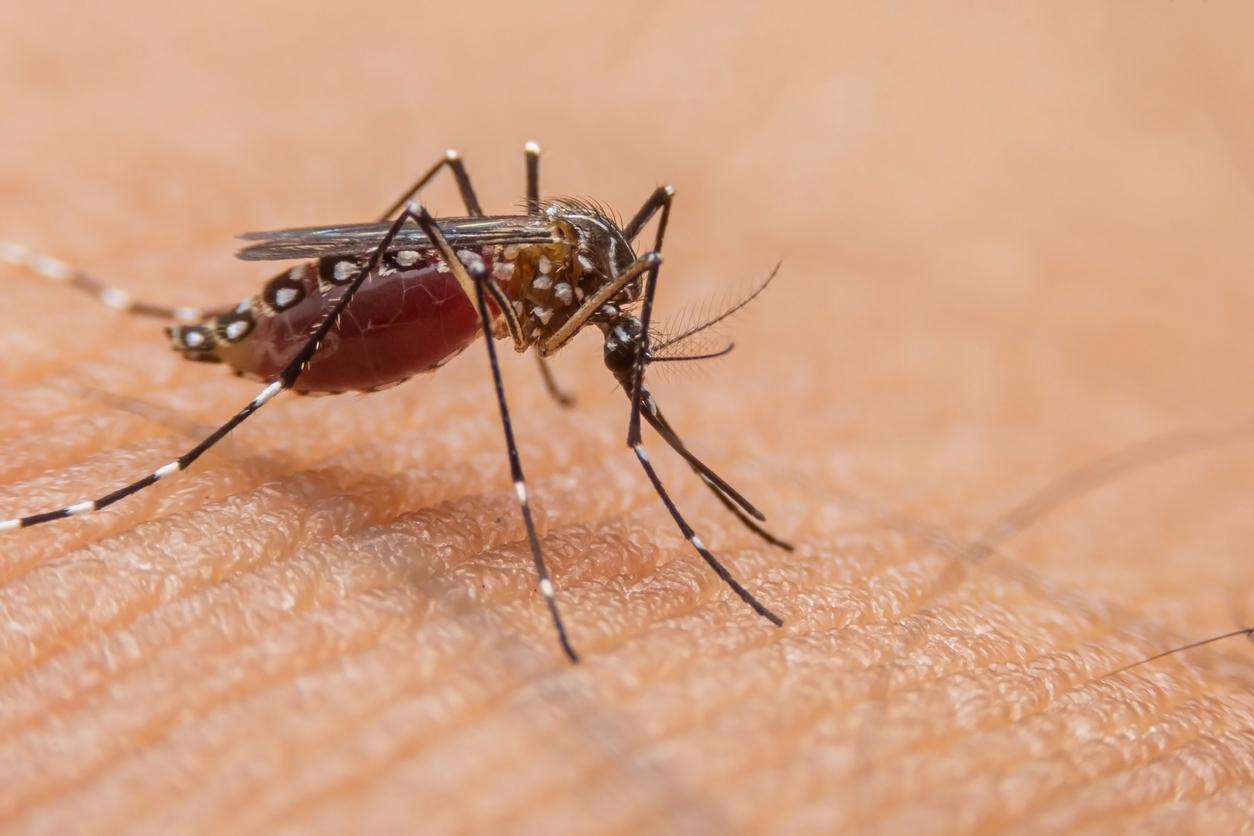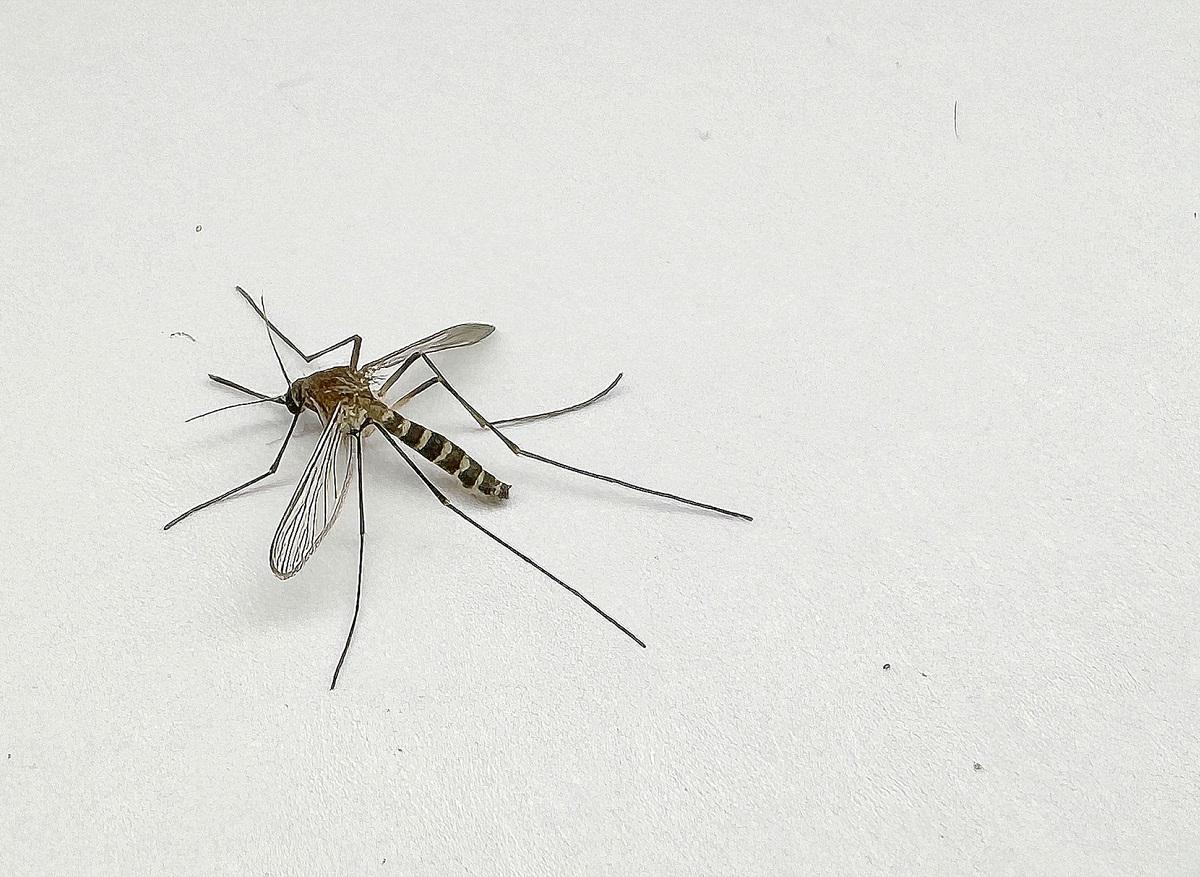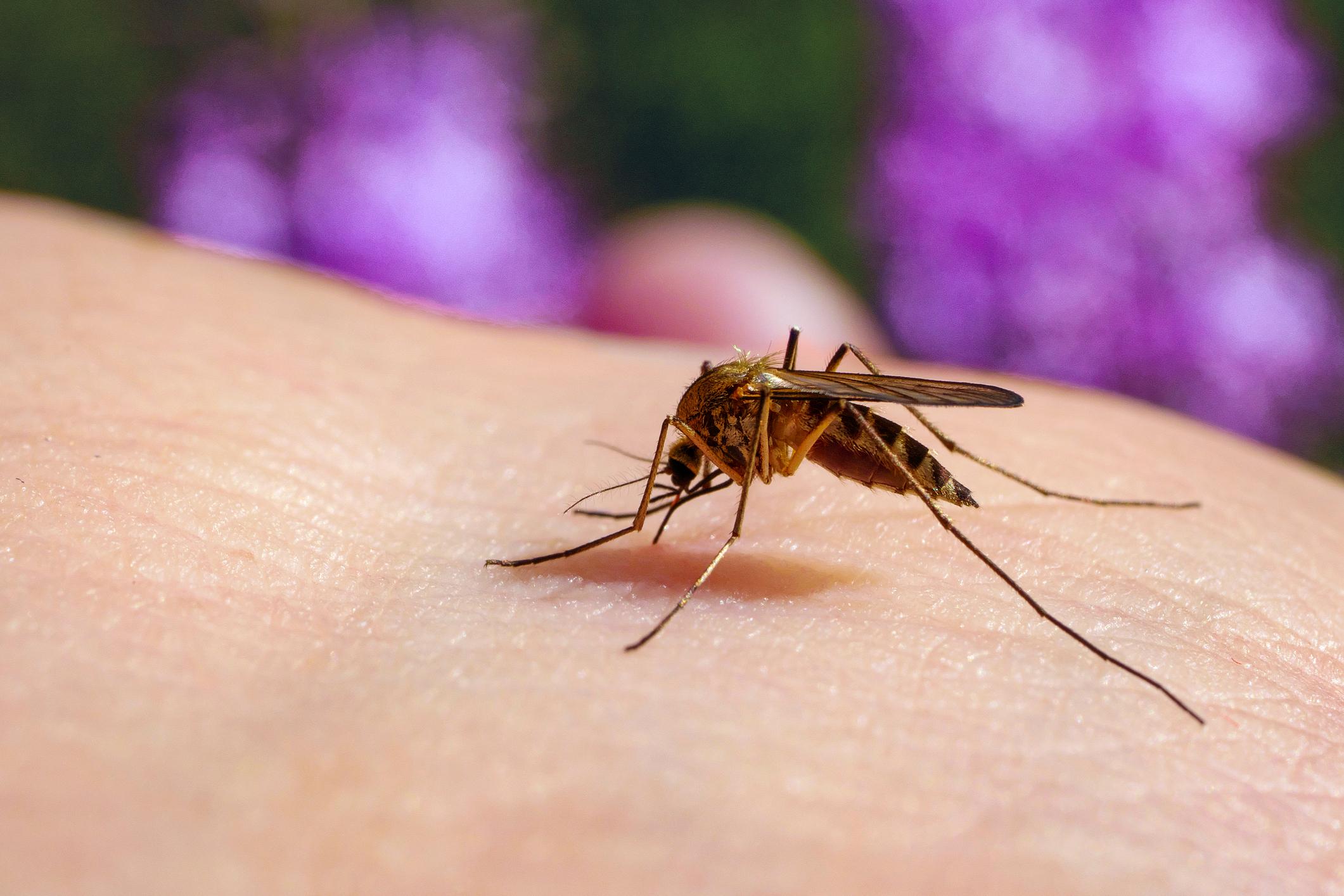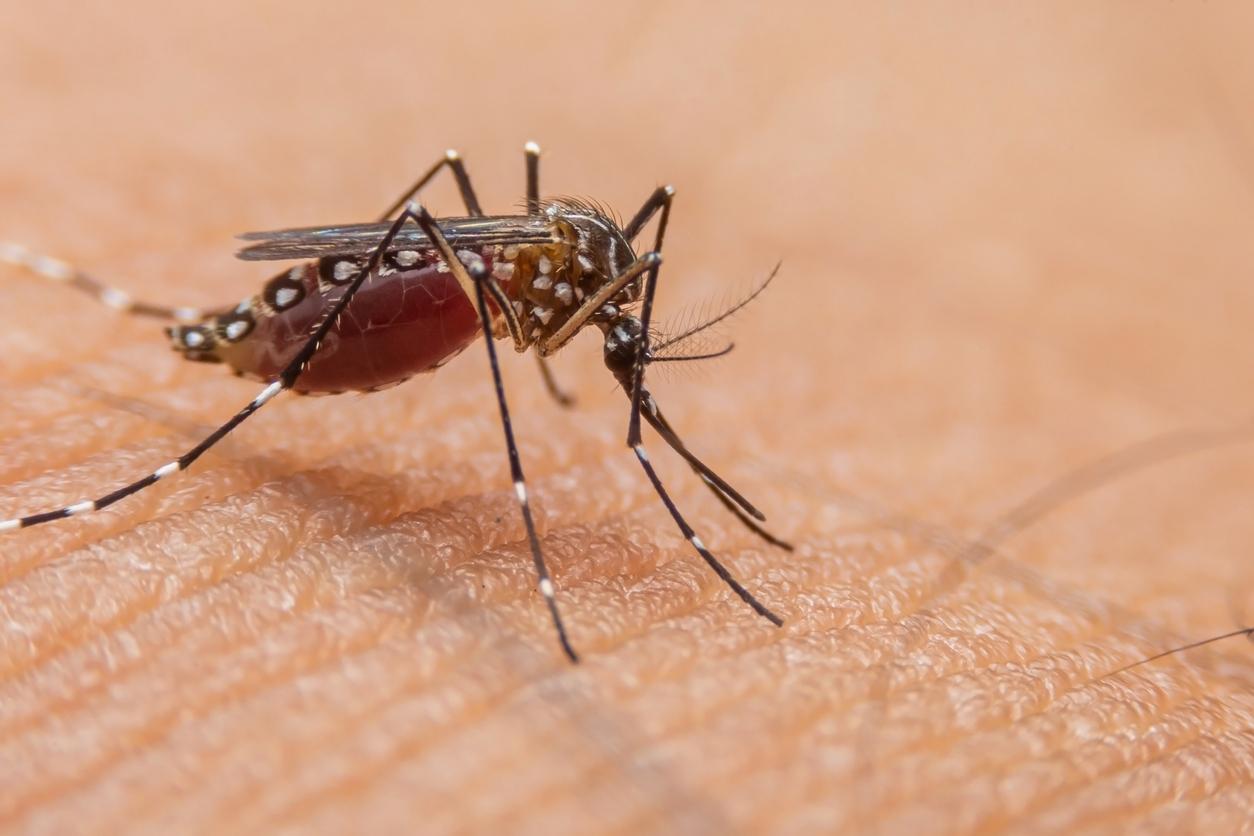More than 80% of a mosquito colony contaminated with dengue was wiped out in an Australian town with a promising test to fight this dangerous viral infection, according to results of a scientific study relayed by AFP.
Scientists from the Samvets Scientific and Industrial Research Organization (CSIRO), an Australian public body for scientific research, have bred millions of non-stinging male Aedes aegypti mosquitoes in a project funded by Alfabet, the Google company .
The insects were infected with Wolbachia bacteria, rendering them sterile. They were then released in Innisfail, a town in the northeastern regional state of Queensland. For more than three months, they fertilized females who laid unhatched eggs, causing their population to drop dramatically.
The mosquito Aedes aegypti, one of the most dangerous in the world, is the vector of dengue, of Zika virus, of chikungunya and yellow fever. It is responsible for infecting millions of people around the world every year. “Therefore, this scientific test is a major breakthrough,” says Kyran Stauton of the Australian James Cook University.
“We have learned a lot by participating in this first tropical trial and we are happy to see this method applied to other areas where Aedes aegypti is a threat to life and health,” he said.
This technique of sterilizing insects is not new, but to make it succeed on mosquitoes was to develop enough of them, to find the males, to remove the biting females and then to release them in sufficient numbers to wipe out. a population.
“We are very pleased to see a significant elimination of these dangerous biting mosquitoes Aedes aegypti,” said Nigel Snoad, of Life Science Company Verify (Alphabet), who funded the project.
Read also :
Global warming: should we fear a return of dengue fever?
Dengue epidemic in Réunion: WHO is concerned
A mosquito release in New Caledonia to kill the virus










